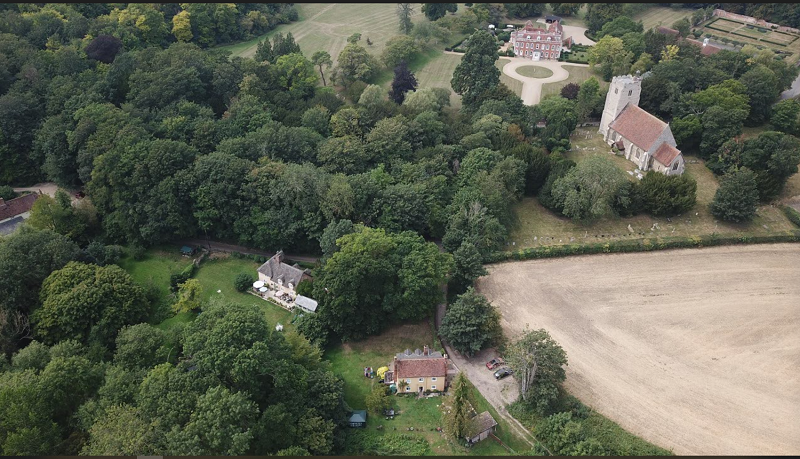Ancestry and Ancestry.com
Ancestry.com is owned by the Blackstone Group, a private equity company that aquired Ancestry.com as they saw that is was a valuable asset with a vast database of personal and historical information. With the current developments with Artificial Intelligence and the addition of DNA tracking the database of information will be important for many businesses across the board.
Having started off as a means to allow people to research their family trees the extent of personal information transcends that held by mere social networks. In a similar manner to social platforms such as Facebook, Ancestry (and other geneological platforms) encourages its users to upload information about themselves. Coupled with geneological information, this personal data can be used to establish connections that were previously not obviously known.
Having performed a fair amount of research for my main website the subject of ancestry and ancestry.com is a topic dear to my heart.
Having gone down a "rabbit-hole" after seeing something on a Facebook page and seeing many ads on the TV for Ancestry.com - the question of "Who Owns Ancestry.com?" came to the fore again. I have featured all of the genealogical websites on my main website - often less than favourably.
Researching your family tree is big business!
While I am not interested in researching my own family tree my interest in the history of the village has steered me to numnerous genealogy websites.
Who Owns Ancestry.com?
The genealogyexplained.com website has a background on this. The connection to the Mormon Church (LDS). The relationship to other genealogy websites such as familysearch.com and myHeritage.com
Paul Allen and Dan Taggart
MyHeritage.com
About Marc McDermott
The text below is a quote from the MyHeritage website (I need to check this):
Marc McDermott has no connection to this website.
The DNA Doe Project
This needs to be investigated further..................
Artificial Intelligence
In addiition to the aspects of the use of DNA techniques to trace your ancestry, the fact that this will be coupled with Artificial Intelligence and the databases will be pretty much maintained automatically.
Frankly I am surprised that nobody seems to be over concerned with this aspect bearing in mind all the other "doom and gloom" and warnings of how A.I. is going to take-over the world! I am waiting for the first story about someone being refused insurance as a consequence of building their family tree using AncestryDNA. Of even not getting an employment opotunity as it had been determined that you were related to a serial killer from a long-lost-past.
GEDCOM
GEDCOM (GEnealogical Data COMmunication) is the database that was created by LDS to provide both a means to store geneological information and to enable the upload/download and interchange of geneological information between systems.
The Wikipedia page says:
I don't know if it is just me but to have a "de facto" file specification that was designed by a religious group as being problematic. While I am "not of faith" (Atheist), I applaud the adoption of a standard by which information can be shared between systems, I am not sure what it has to do with organised religion.
In addition, it is the way that the GEDCOM system is adopted by the Geneological Software community without question and that many of the processes are automatic and there seems to be no concern about its regulation. To the average user that is primarily interested in researching their family history they are unaware of what is going on behind the scenes.
Wikitree
Although I have criticised geneological websites, Wikitree is possibly an exception.
Looking back on some of my pages with respect to the de Beauchamp and Longspeee families I find that there is actually a series of discussions from its users on how they performed their research.
Links
- Other Page - Technical Pages
- External Links - to other websites
- The Internet Archive - archive.org - The Wayback Machine
- Records of the Smythies Family - found on archive.org - Research on Sir William Harris and how things get into archive.org and the great GEDCOM database
- The Complete Peerage and Hailes Abbey Chronicals - Douglas Richardson
- Parent Company
